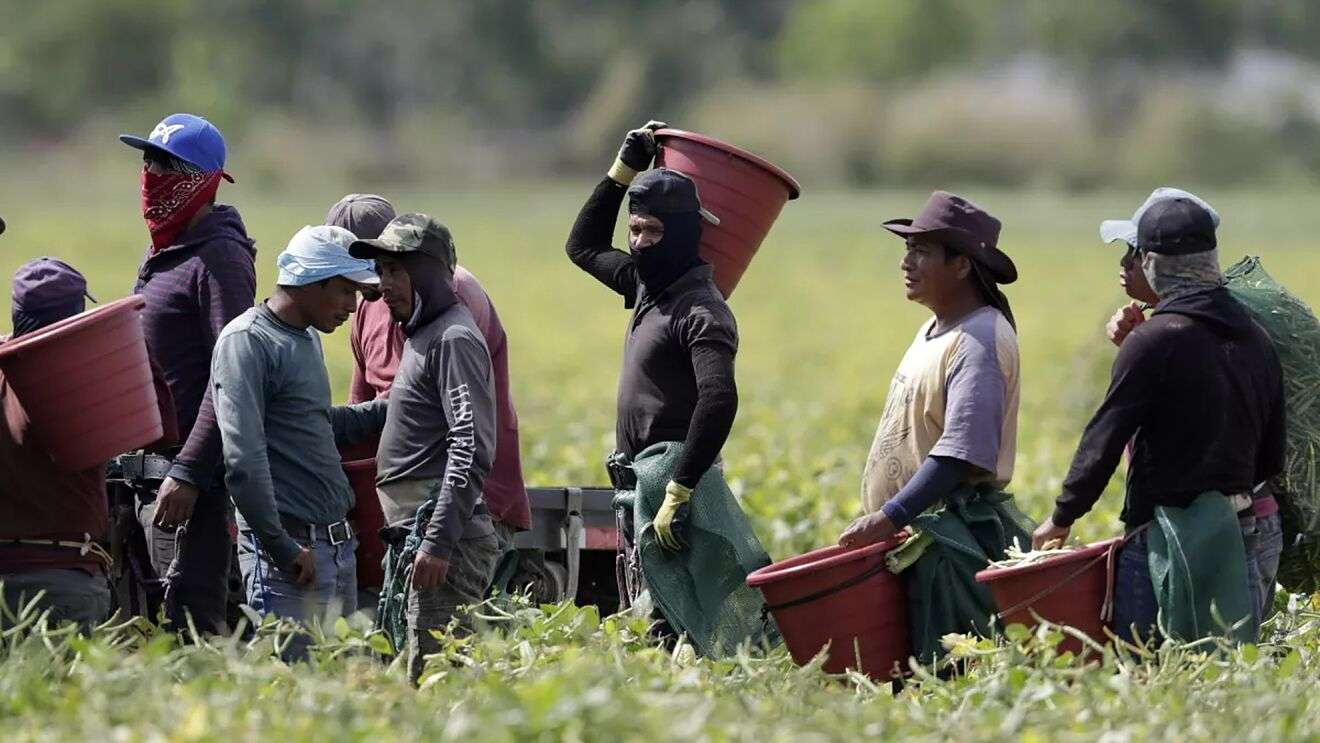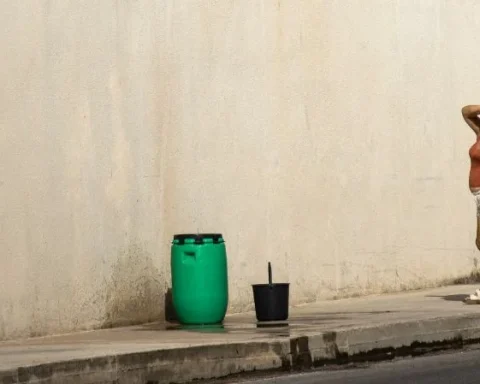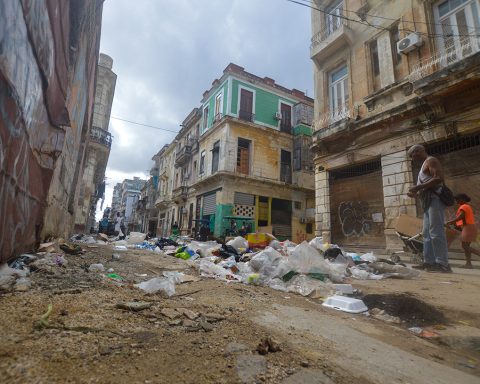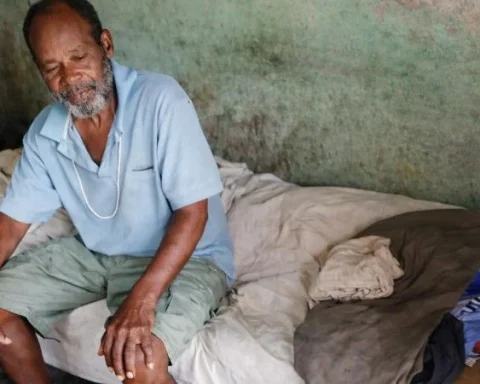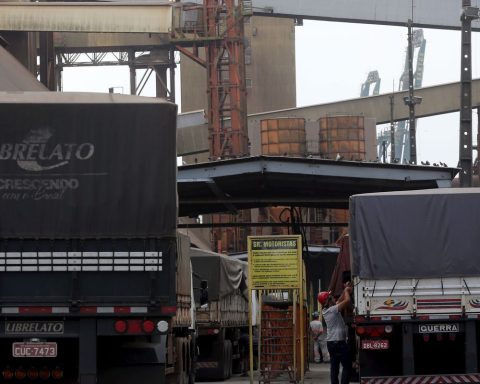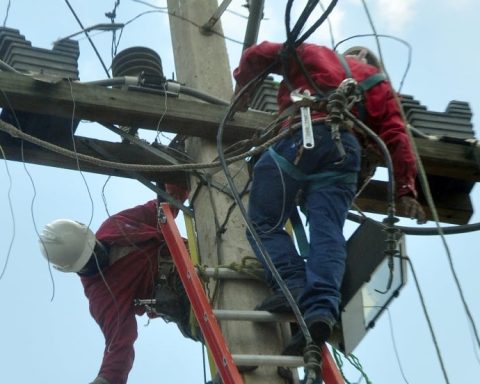South Florida is suffering a gradual erosion of undocumented workers, a pillar of the agricultural economy, construction, house and street cleaning, restaurants and maintenance. Jobs that historically depend on them.
The problem has worsened in recent weeks with the emigration of these people to other states in search of better opportunities and scenarios. All this because recently the governor and now candidate for the Republican presidential nomination, Ron DeSantis promulgated a law whose most worrying characteristic for many employer entities is that it forces them, as of July 1, to confirm with the federal employment verification system (E-Verify) if the workers they intend to hire have the appropriate permit.
In addition, the law strengthens employment requirements, prohibits local governments from contributing money to organizations that create identification cards for undocumented immigrants, cancels the use in Florida of driver’s licenses issued to immigrants without legal status in other states; defines the crime of human trafficking when it involves a minor or more than five people and when the defendant has a previous conviction for human trafficking. Hospitals will have to collect information on the immigration status of patients. Failure to do so could face penalties.
Florida: They warn negative impacts of the law against undocumented immigrants
Electronic verification is mandatory for companies with more than 25 employees. The law also expands the penalties for employers who fail to comply with the E-Verify, these include the possible suspension/revocation of licenses to operate. The new regulations contain specific penalties for employers who knowingly employ undocumented migrants.
Employers who do not comply with that requirement will be subject to audits and face fines of $1,000 a day if they are found to have violated the law.
The exodus is also due to many employers telling their workers not to show up for work.
“They told me not to go to work. That they couldn’t risk it,” Mario told the newspaper. Newspaper Las Americas, a strawberry farm worker in the Homestead area, south of Miami. “They didn’t pay us much, five dollars an hour, but I can’t ask for more because I don’t have papers,” said the 25-year-old Guatemalan immigrant who crossed the southern border in February 2020.
